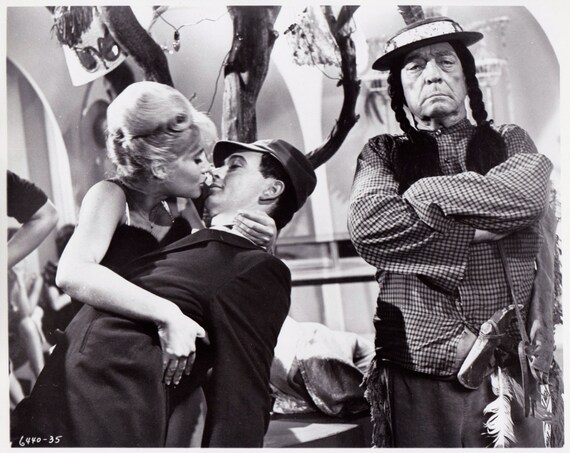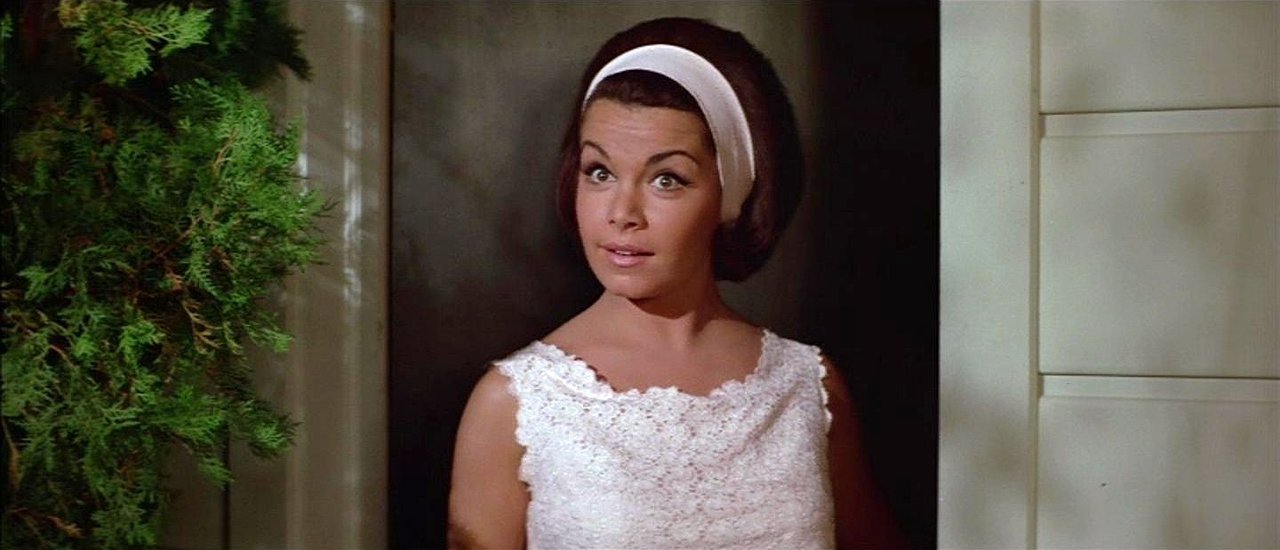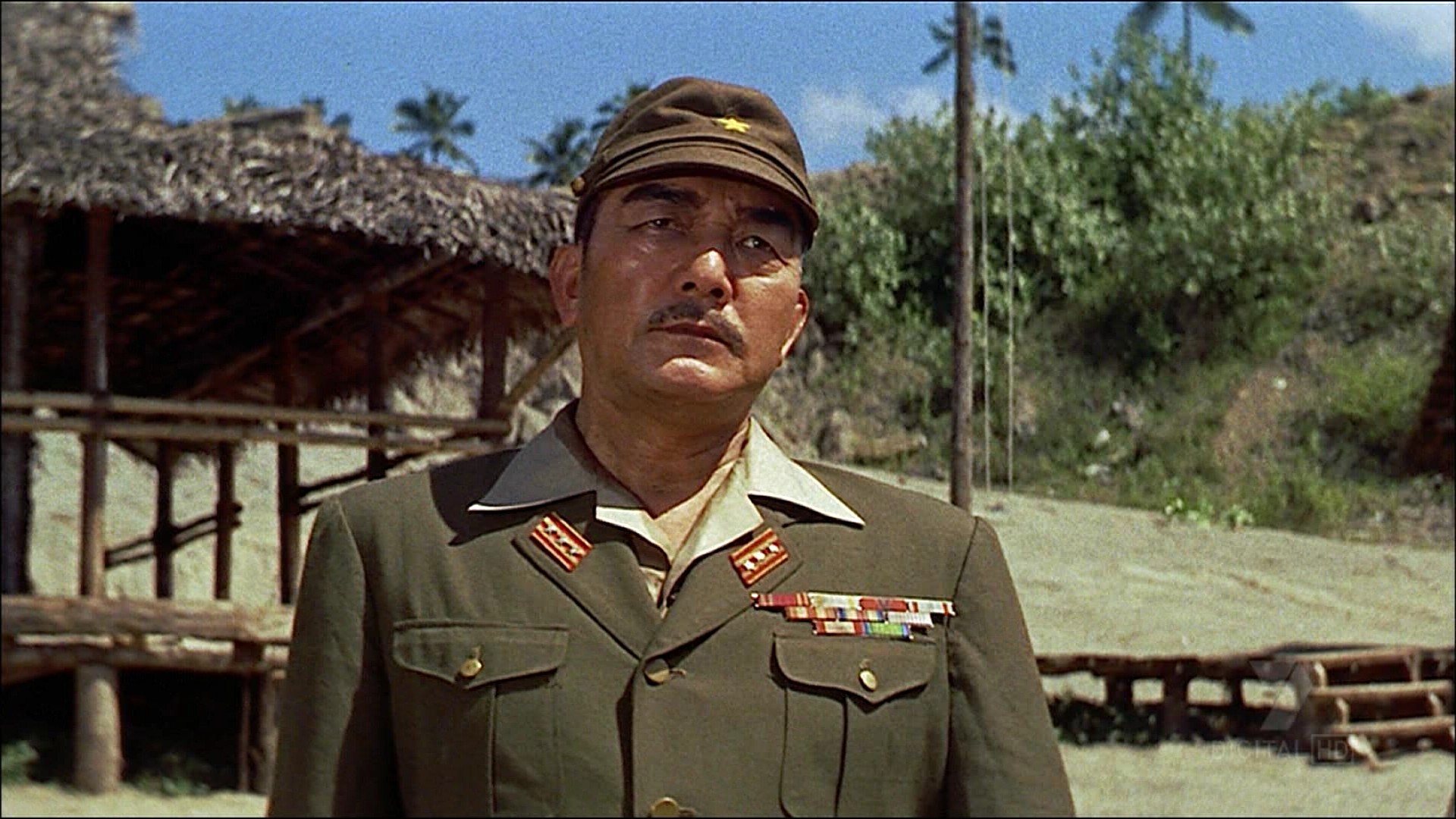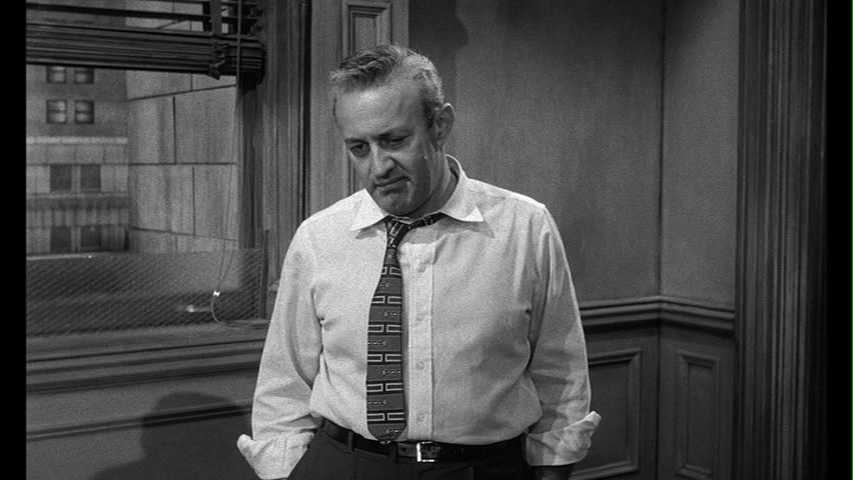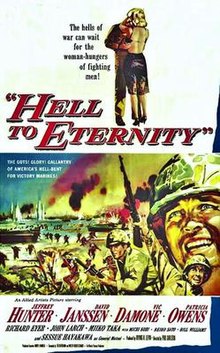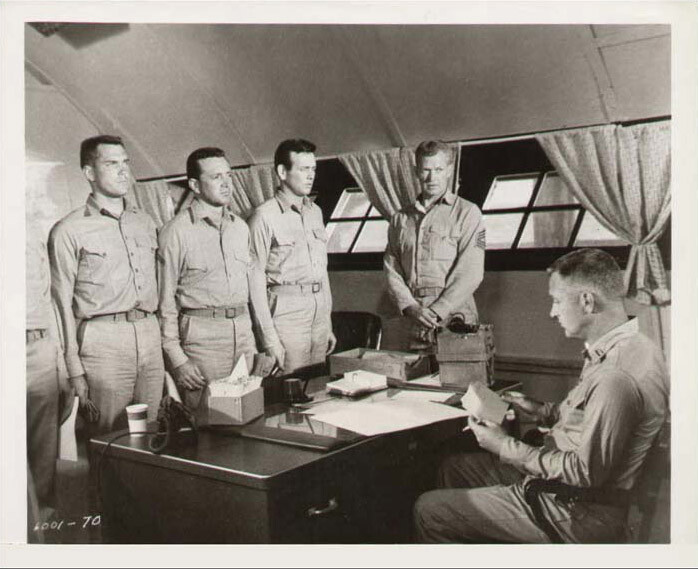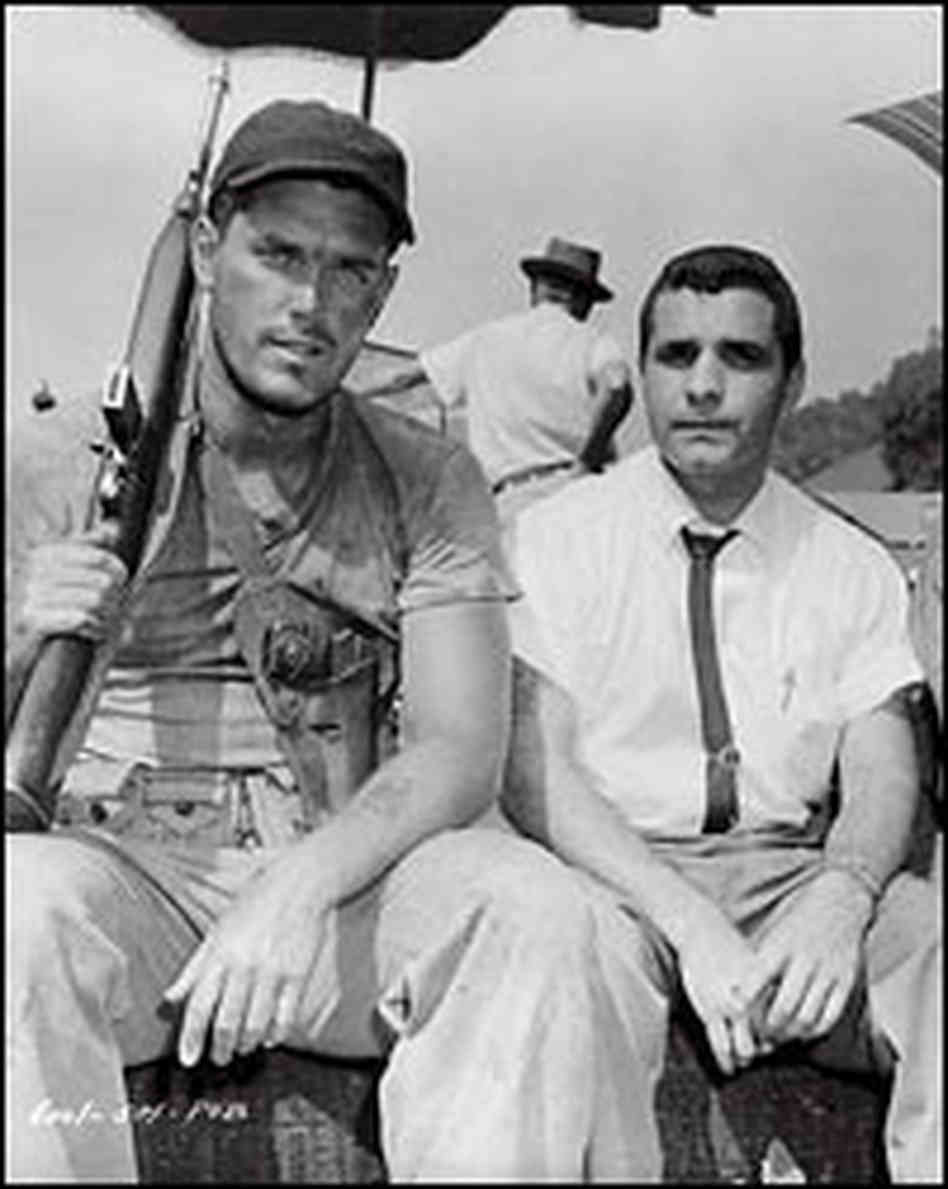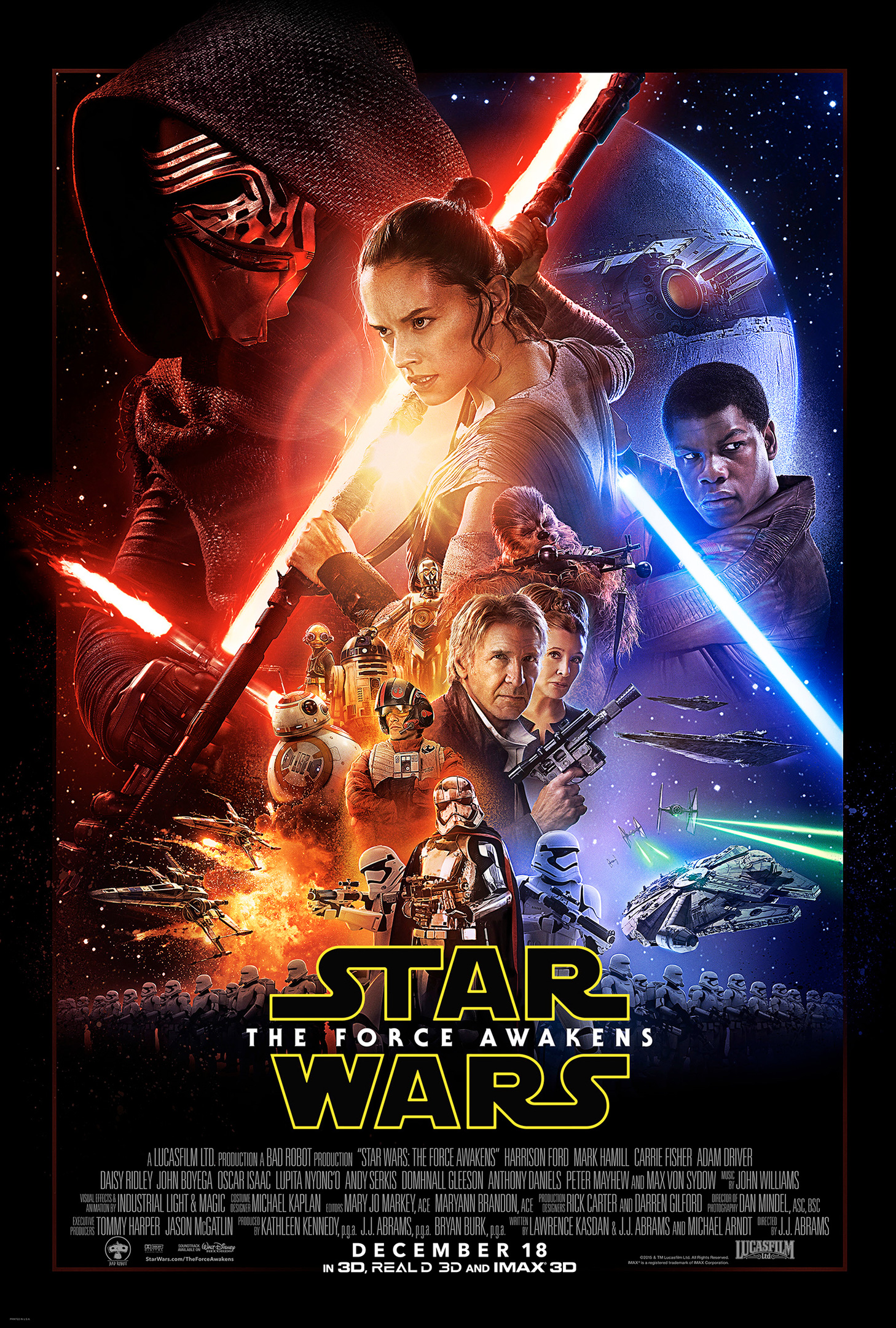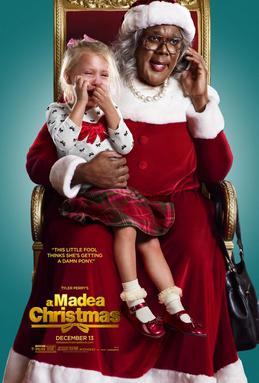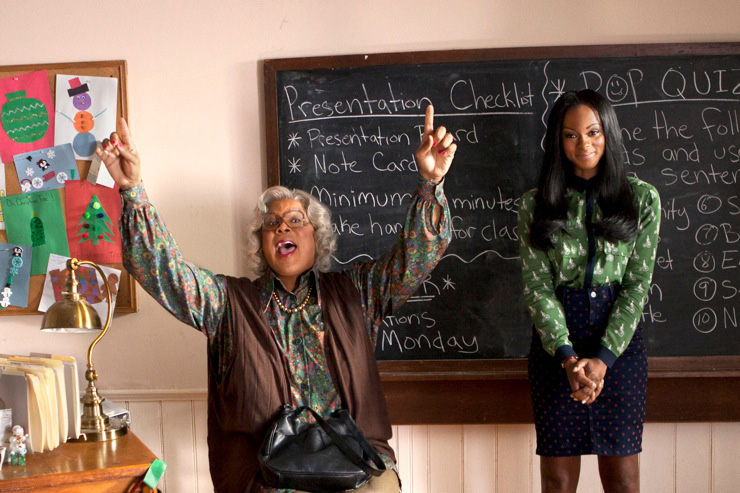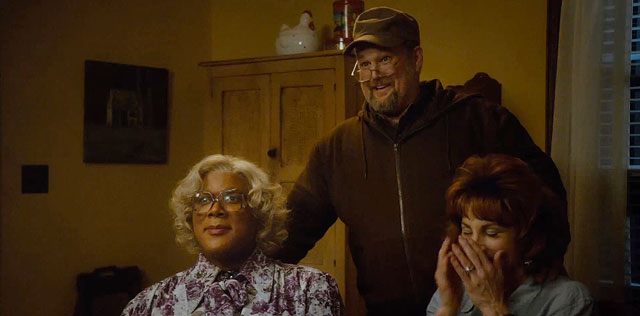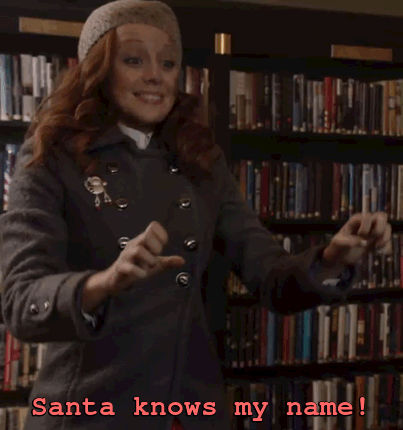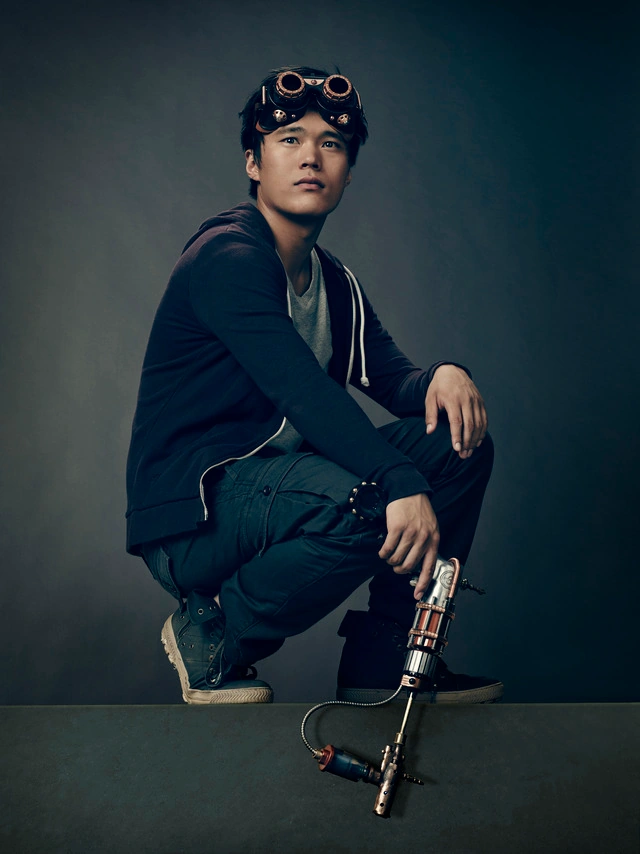HENRY GAMBLE'S BIRTHDAY PARTY
A few years back I attended a Lutheran church affiliated with the Missouri Synod. For those not in the know, the Missouri Synod is perhaps the most conservative of Lutherans. No 'common ground' with Catholicism in this church. Now, as in any church, there were certain families that were among 'the elite', a small group that were prominent within the church second only to the pastor's family. This particular family, the H Family, had three boys, the oldest being P. P. was by all measures an active and committed Christian. He was very involved in church matters (youth group leader, able to quote Scripture, active in outreach and church productions, joining in at things like See You at the Pole, various mission trips), and was seen as a very strong believer.
It was also assumed, almost taken for granted, among both other youth group members and those not in the elite circles that P. was Gay with a capital G. He has a high voice with a particular lilt in its inflection. He had many girl-friends but no known 'girlfriend'. He has a passion for fashion. He LOVES Taylor Swift (so much so that he is unashamed to admit he was almost in tears when he saw this generation's George Gershwin live in concert). He has a Mozart-like giggle. He is very expressive with his hands, and he appears to have an apparent fondness for antique shopping. Oh, and did I mention he moved to San Francisco? I'll discount his endless selfies, Instagram account and oversharing on social media as mere reflections of his generation's general narcissism than an sign of his alleged sexual preferences.
Now, that P. might be gay (and to be perfectly honest, I think everyone in our mutual circle pretty much believes him to be gay) was something not talked about out loud by anyone, but the whispers were very strong. Sometimes they could be downright cynical. When a group of his Youth Group friends learned P. might have found someone to be involved with romantically, one commented, "What's his name?", and another gasped, "To a GIRL?!" P.'s sexual orientation (or perceived one anyway) was seen as just part of who he was, and as far as I know no one has ever asked him directly or found any evidence that P. is indeed homosexual (no Grindr accounts or witnesses to any excessively bromantic moments). It may be that it is all a matter of perception, that because P. doesn't fit into a specified 'masculine' mold, people make wrong conclusions about him.
Or he just could be gay, with everyone knowing but no one ever commenting.
This ridiculously lengthy intro sets up why Henry Gamble's Birthday Party is something I think is quite realistic. I know the world writer/director Steven Cone created in the film intimately. As someone who is openly Christian but with many gay friends and family, I can vouch for the general accuracy of Henry Gamble's Birthday Party regarding the variety of evangelicals. I also think the film's characters are pretty grounded in reality and the film itself is even generally respectful towards Christians.
Henry Gamble (Cole Doman) is turning 17, and there's going to be a pool party at his house. Henry's father, Bob (Pat Healy) is a pastor at a megachurch, which would make Henry's barely hidden homosexuality a bit of a conundrum. Henry's mother, Kat (Elizabeth Laidlaw), is loving, but is oddly distracted by something, and it isn't the return of their daughter Autumn (Nina Ganet) from her Christian university.
Henry's best friend Gabe (Joe Keery) is very heterosexual, a bit sarcastic, and eager to taste the pleasures of the flesh with a young woman. Henry, however, appears to want to taste those forbidden pleasures with Gabe, or with Logan (Daniel Kiri), another Youth Group member who is as openly gay as one can get without openly stating it. More of Henry's friends, both Christian and secular, arrive, each at various points in their spiritual journeys (or lack thereof). As this is a PK's birthday party (Preacher's Kid), it's no surprise that church leaders also come. We've got the Youth Minister Keith (Travis Knight) and his newly-pregnant wife Candice (Kelly O'Sullivan), and Rose Matthews (Meg Thalken), the beloved former pastor's widow and her very troubled son Ricky (Patrick Andrews).
The kids all are having fun while the adults struggle with their choice in music, in bathing costumes, and with their differing views on other matters. Henry's secular friends pretty much tell Henry that they know he's gay. As the evening continues, the joy of the birthday party itself masks the various private lives of our characters as secrets are revealed (though not to all) and people's views come into conflict with their realities.
As I said, I know this world well. Just about every aspect of Henry Gamble's Birthday Party as it pertains to how Christians behave rings true. I feel I can speak with certain authority about both how Christians behave with each other and on their various views on homosexuality (contrary to popular belief, Christians are not in lockstep on all topics, let alone this one). I have been friends with PKs, been to their birthday/pool parties (though never a birthday pool party, and certainly no party that lasted an entire day), and seen things that one wouldn't expect among a group of young evangelicals.
The opening of the film at first I thought was a bit strange: Henry and Gabe together in bed, shirtless, talking about the size of their penises and ending up masturbating together. I thought this 'pillow talk' was a bit curious, but then remembered when I saw a PK and his best friend skinny dip in the pool together and...you guessed it, compare the size, strength and girth of their erections while in the pool. I did think that very bizarre, but both are heterosexual, which made it all the more odd.
What made HGBP so interesting in terms of its subject matter is that the film is actually pretty respectful of the characters' views and their faith. This isn't going to be shown at any Youth Camp by any stretch, and I'm sure the Kendrick Brothers would be shocked by it. However, HGBP didn't paint the Christians (young or old) as narrow-minded bigots or ignorant buffoons. Instead, it portrayed them as people, who struggle less with desires of all persuasions than with acting on them. These evangelicals aren't murderous book-burners, but genuine in their aspirations, fears, and belief systems.
More often than not evangelical Christians are right to complain in how they and their faith is treated in non-Christian films. I keep an eye out for the negative stereotypes of evangelicals in film, and while HGBP isn't completely accurate (all but one of the PKs I know were virgins on their wedding nights), the film is pretty close to the reality of that subculture. The Christians I know are not in favor of same-sex marriage, but they also have never rejected someone because he/she has slept with people of the same gender. In fact, up to a point the secular friends (one of whom tells Henry she's a lesbian) come across as the more hostile towards the evangelicals than they are towards them (though both groups do self-segregate). They are dismissive of the concept of a 'Christian university' and pelt Autumn with questions about evolution vs. creation, failing to see that a birthday party isn't the proper venue for such things.
A particular scene I remember is when one of the youth, Jon (Jack Ball), goes to Pastor Keith and talks to him about how, from what he'd observed at the party, we could be losing an entire generation to sexual confusion. Jon's concern doesn't come from a place of hate, but a place of love. He is not stupid or narrow-minded or intolerant. He is a sincere follower of Christ, and his views are shaped by his relationship with Jesus. Near the end, when Gabe does lose his virginity, he keeps asking God for forgiveness. I think this does reflect the struggle between living out the Christian life the kids want to and the intense pressure to join in to what 'the world' offers.
In terms of performances, I think there isn't a bad one. Doman is making his film debut with HGBP, and he makes Henry into a gentle person, who does love God but also finds his attractions harder to mask with in the end, the suggestion that he isn't going to do so anymore; his curious response to a girl coming into his room to make out and ask if he'd like to date her ("Can I get back to you?") implies that maybe he is going to follow his desires rather than attempt to 'pass' for straight.
As a side note, I could argue as a Christian that Henry, by inviting Logan to sleep over, was inviting temptation and was planning to sin. Henry knew Logan was attracted to him as he was attracted to Logan, so asking Logan to sleep in the same bed with him would be going against Scripture's admonishing to 'flee from sexual immorality'. Sermon over.
Doman made Henry a very sympathetic character, someone who wants to do the right thing, live up to the principles of his family and not let them down, but who also finds his sexual yearnings harder to keep hidden. The one aspect I wasn't sure of was whether Doman was directed to play Henry as slightly effeminate to where one wonders why Gabe or anyone else didn't whisper about Henry's preferences (like with P.H.).
Keery was winning as the outgoing Gabe, and the adults were also quite excellent. I really thought in her small role, Thalken did a wonderful job as the widow who likes a little sip but who is committed to her troubled son. Healy and Laidlaw as Henry's parents were excellent: their troubled marriage playing out as natural instead of exaggerated to the secrets going on all around him.
Of particular note is the original score and especially the soundtrack. I think the music was well used in the film, and I for one would love to get the soundtrack.
I do question some aspects of Henry Gamble's Birthday Party. In the film, Logan brushes up against Henry, which causes Henry to softly snap "Stop it". It suggests that Logan and Henry had had some kind of physical intimacy, but at the end Henry asks Logan if he'd like to kiss him. It was a little unclear to me whether Logan brushing up against Henry was a sign of previous interactions or a subtle come-on by Logan that Henry didn't want. If someone's arm had brushed up against mine, I would have brushed it off as an accident, but that's just me.
Since all this took place in one day, it's not a surprise that we had Ricky's meltdown come to a dramatic conclusion at the most inopportune time. It's not exactly a distraction but it was something I was waiting for. Cone could also have been a little more subtle with what he was saying. At one point, the nubile Youth Pastor's wife dives into the pool. Cone has the camera then pan down to the Pastor's crotch. I think a suggestive glance and good editing could have made the suggestion of lusting in his heart better without making it obvious.
As a side note, I think all the Pastors I've known would have looked on this more with contempt than with desire, going to her husband later to question her decision to appear in such skimpy attire as potentially enticing the youth he's in charge of. This is why I don't think the portrayal of the Christians is entirely accurate.
Still, Cone deserves a lot of credit for balancing the various stories without overshadowing the main one of Henry's navigating his desires with his faith. Cone also deserves credit for keeping things grounded in reality (no big revelations to shock EVERYONE save Ricky's actions) and for not going for the easy route of trashing the evangelical characters. Instead, he gave even those who were harder in terms of their views a context for how they felt the way they did, giving all of them a humanity too often not given in both secular and Christian films. Henry Gamble's Birthday Party is an excellent film given its tight running time and scope of a single day. It is good to see tolerance expanded on-screen to gays, to Christians, and to gay Christians.
DECISION: B+



